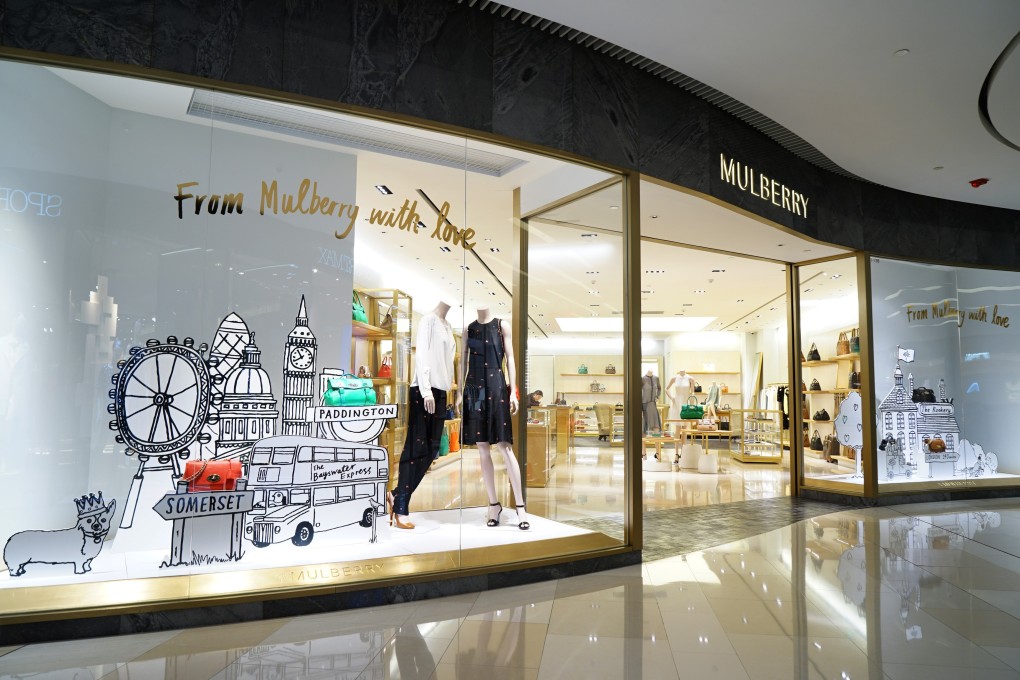That Mulberry Iris handbag is now 18 per cent cheaper in China, with UK luxury retailer focusing on Asia while pandemic dents global tourism
- UK luxury retailer streamlines global prices with focus on Asian consumers and online push, while global tourism suffers
- The Mulberry Iris handbag in green will be 18 per cent cheaper in China than previous price tag

Its new pricing system will lower the cost of some of its Made-in-England handbags by about a fifth in some markets, in the hope of raising digital and overseas sales, particularly among younger consumers, chief executive officer Thierry Andretta said.
“Asia for sure is a focus because the young generation buying luxury is coming from Asia, and mostly from China,” said Andretta in an interview. “So we know that we have, used to have, a lot of Chinese tourists here [in Europe], but we want to have the same level of experience for our brand in Asia.”
“Sales for this year’s spring season are as much as 70 per cent lower than last year- not surprising, considering that consumers had little opportunity to explore the spring and summer collections in stores,” McKinsey & Co analysts Antonio Achille and Daniel Zipser wrote in a report last month.